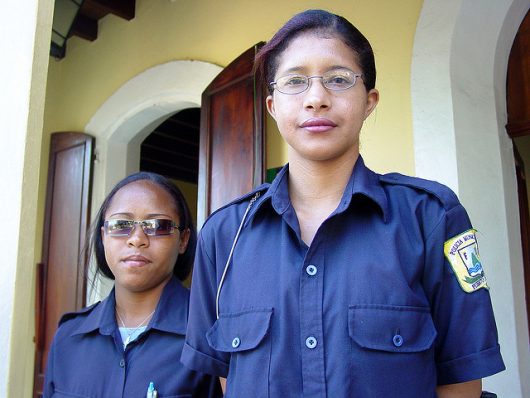Human Rights in the Dominican Republic: Hope for Reform

Often seen as simply a tropical getaway to Americans, an enduring battle for the reform of human rights in the Dominican Republic rages on.
The Dominican Republic consumes two-thirds of the Caribbean Island Hispaniola and has a population of over 10.6 million. Violations of human rights in the Dominican Republic are unfortunately regular occurrences regarding issues of nationality, migration, prison conditions, violence against women, reproductive rights and issues of sexual orientation and marriage laws.
In 2013, the Dominican Constitutional Tribune ruled to strip the citizenship of migrants from other countries. Although President Danilo Medina attempted to counteract this decision in 2014, it still affected tens of thousands of people. Many fear deportation, as their citizenship is still up in the air.
Seemingly, 66 thousand Haitian immigrants returned to Haiti under voluntary classification. Human rights advocates argue that many of these individuals were actually forced to leave, or fled due to fears of mob violence.
Prisons in the Dominican Republic continue to fill up past capacity. The largest prison, La Victoria, has a capacity of two thousand, but as of August 2016, housed eight thousand inmates.
The number of people killed by police officers continues to rise. Although there is thorough evidence that the killings are often unlawful, the officers most often go unpunished. The Dominican Republic officially adopted a police reform plan but never made it public or implemented it.
In 2014, the Dominican Republic voted to legalize abortions in cases of rape, incest, fetal malformations, and life-threatening circumstances to the woman. However, the high court counteracted the decision in December of that year. Abortions are once again acknowledged as crimes under all circumstances.
Violence toward women and members of the LGBT community are increasing throughout the country. LGBT rights groups report discriminatory murders of transgender individuals.
The lack of support from within the country is a vicious obstacle, but thankfully organizations such as Amnesty International continuously fight for human rights in the Dominican Republic.
– Emily Trosclair
Photo: Flickr
